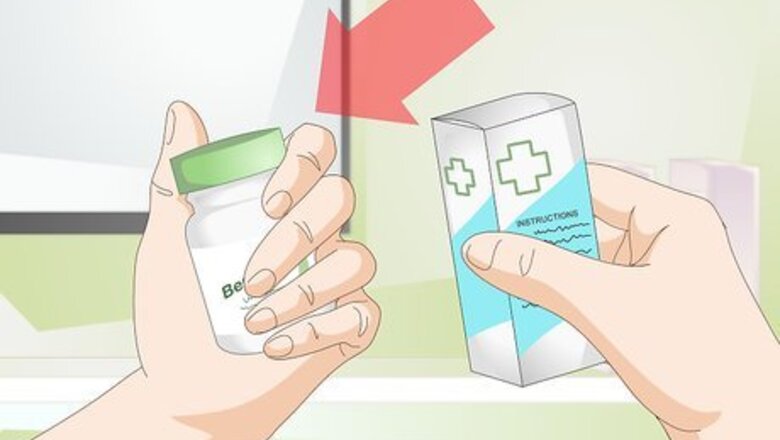
views
Sedating Your Dog
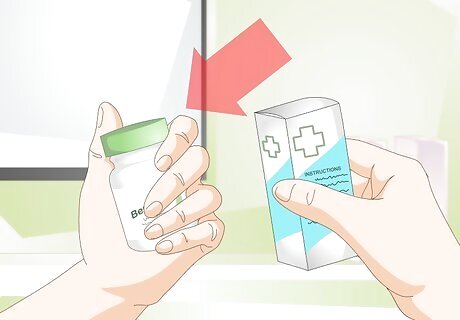
Choose a medication or calming aid. There are a variety of products you can use to help calm your dog down for grooming. Some are medications that your vet would prescribe. Others are herbal supplements you can buy over-the-counter, though they should not be used without consulting the vet first. Some common medications and calming aids include: Benadryl Melatonin Acepromazine Zylkene Dog-appeasing pheromone (DAP) Herbs including skullcap or valerian Thundershirt
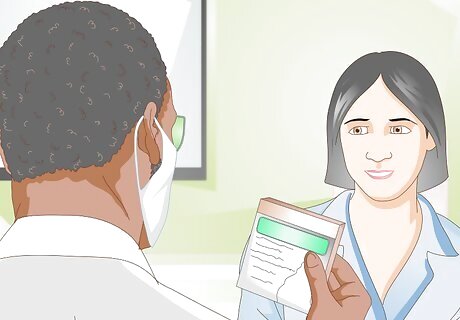
Ask your veterinarian about calming aids. Some medications have side effects or risks. Some may actually produce the opposite behavior of what you’re hoping for. Always run your choice of medication by your vet. Your vet can advise you on dosing, which will vary depending on the size of your dog. In severe cases, your vet may also offer your dog general anesthesia before grooming.
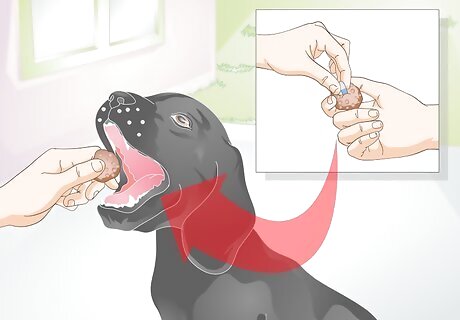
Administer the medication before your dog becomes anxious. Many calming aids and anxiety medications won’t work if your dog has already become nervous. Give your dog the medication before you get in the car or before he sees the grooming tools. Hiding the medication inside a treat will also help put your dog in a good mood.
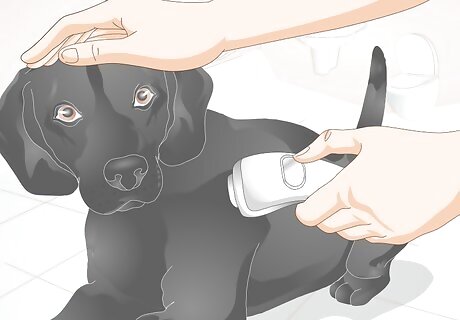
Groom your dog as you normally would. Once the medication has kicked in, your dog should be calm enough for grooming. Try to work fairly quickly, so that the medication doesn’t wear off. Use a calm, even voice with your dog to avoid raising any anxiety. Choose a place for grooming that helps your dog feel calm. If she hates the bathtub, groom her outside. If she is afraid of going in the car, find out if the groomer makes house calls. Always use clippers (not scissors) on a dog’s hair. Many dog owners accidentally puncture their dog’s skin with scissors, which can lead to a visit to the vet. It also (understandably) gives the dog negative associations with grooming.
Teaching Your Dog to Enjoy Grooming
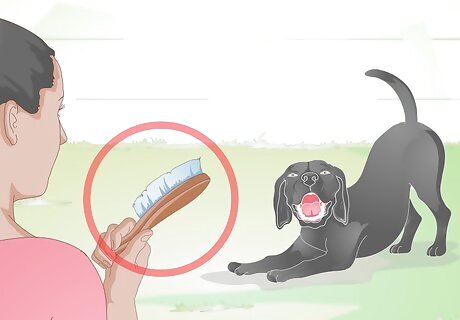
Identify your dog’s triggers. Does your dog get nervous every time you put him in the car? Does he know it’s grooming time when you take out the brush or shampoo? Does he bark when the groomer shows up at your door? To change your dog’s response to grooming, you’ll need to know what triggers the anxiety.
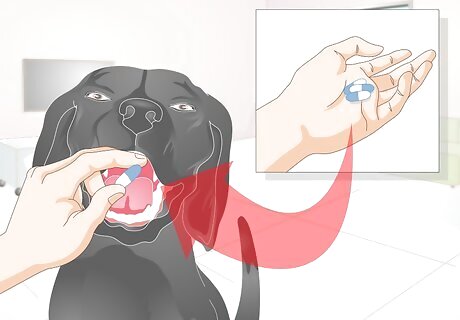
Provide your dog with a calming aid. Calming aids are pills or medications that help reduce a dog's anxiety temporarily. They can generally be purchased over-the-counter at a pet store. One good calming aid is melatonin, which is a natural calming aid that works for dogs. Do this at a time when you don’t actually plan to groom your dog. You want your dog to be conscious, but in a relaxed state. Avoid heavy sedatives, such as anesthesia provided by your vet. Teaching your dog to enjoy being groomed is going to take weeks or months, so be prepared to be patient. Begin this process well before you plan to actually groom the dog.
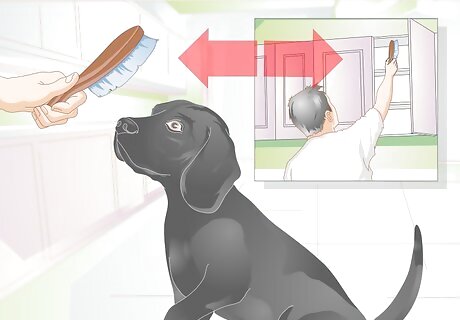
Begin to introduce the triggers slowly. If the sight of the brush makes your dog anxious, take the brush out from the cabinet so she can see it. Make sure she sees it, then put it back in the cabinet. If the car makes her nervous, bring her to the car but don’t drive anywhere. If the sight of the groomer is what scares your dog, it may not be possible to practice this technique, since you’ll need to repeatedly expose your dog to the trigger for short periods.
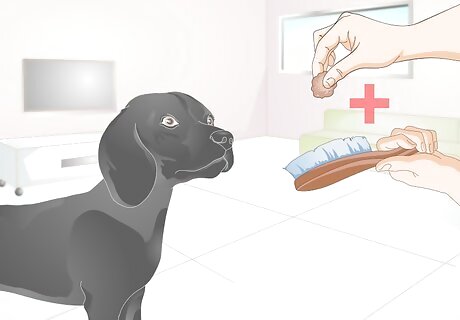
Give the dog treats when he looks at the trigger object. This will help create positive associations with grooming. You can also pet your dog and give him praise for acknowledging the trigger object. If your dog runs away or barks at the trigger object, don’t give treats. This sends the message that running away is a positive thing.
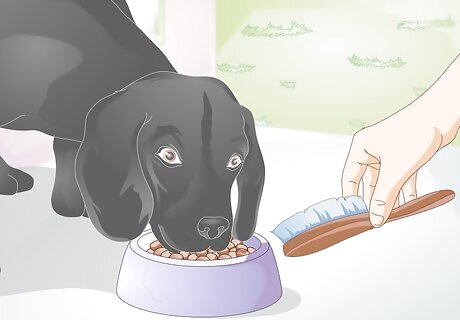
Place the trigger object next to your dog’s food bowl when you feed her. She will begin to see that the trigger object is not necessarily threatening. She will also associate the trigger object with food, which is a positive thing for dogs. Your dog may seem sheepish about approaching his food bowl at first. Don’t worry. She will eventually be hungry and curious enough that she will eat. Repeat this step for several days.
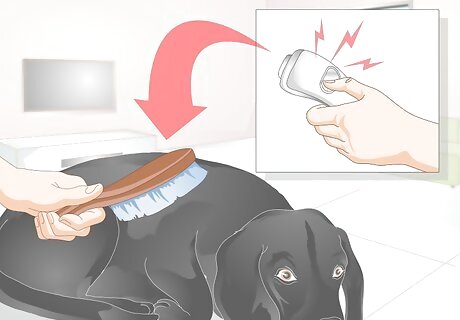
Use the trigger object briefly on your dog. Once your dog has gotten used to seeing the object near his food, try using it on your dog. Don’t attempt a complete grooming, though. For example, run the brush over your dog’s coat once. Turn the clippers on and bring them near your dog’s coat for a few seconds. If the car is what triggers your dog, you can take him for a short ride. You can drive to the groomer’s and give him a treat. Then simply turn around and go home.
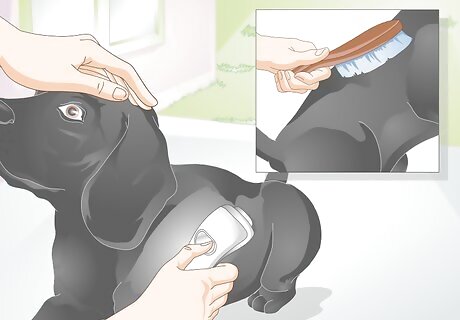
Increase the amount of grooming over time. After you’ve used the trigger object for short moments, increase the duration. You can brush your dog for a minute or two. Try clipping part of her coat, or putting her completely in the bathtub. If your dog begins to get anxious at any step, simply reassure her and stop for the day. Try again tomorrow, and give her a treat at the beginning of the process. You can now increase the amount of grooming until you can fully groom your dog without incident.
Restraining the Dog
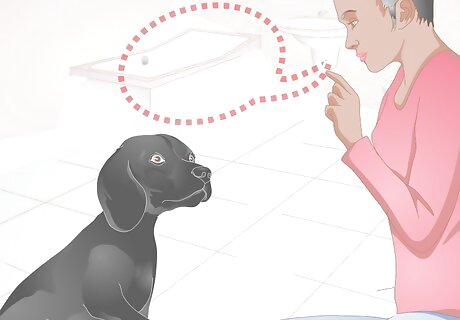
Speak to the dog in a measured tone. You don’t want to seem overly sensitive, or the dog may assume there’s something to be afraid of; however, you also don’t want to seem angry or aggressive, or the dog will have negative associations with this process. Even if you get frustrated with your dog, work to keep your voice even and assertive. This lets your dog know that you are in charge.
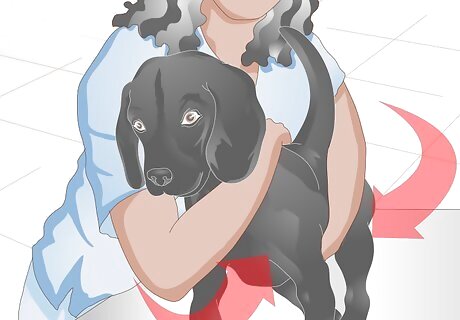
Use a comfortable restraint. There are a variety of restraints available for dog grooming. The best ones place a comfortable loop around the dog’s neck holding it up while she stands on a grooming platform. These restraints are safe for dogs and are specifically designed to make grooming easier. Some dogs may require a muzzle to prevent biting or baring their teeth. Handle your dog carefully while putting her in the restraint. Be firm but gentle. You don’t want him to associate the restraint with pain. Make sure the restraint works with the location you've chosen. For example, if being in the shower causes the dog's restraint to be uncomfortable, you may need to use it elsewhere.
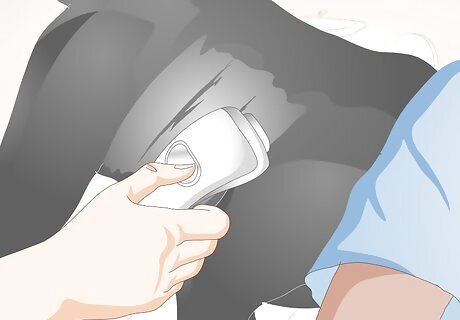
Work quickly, using good equipment. Good grooming equipment makes things easier on you and on your dog. Have everything laid out before you begin. You don’t want to leave your dog restrained for a long time while you go off in search of a specific tool. Have water for washing him ready before you’ve restrained the dog. Make sure the blades on your clippers are sharp.
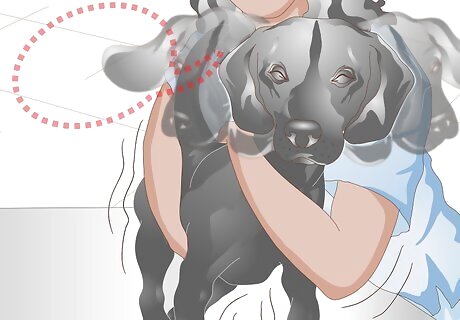
Don’t respond if the dog struggles. You can firmly speak to the dog and tell her that everything is okay; however, don’t coddle her or give treats at this point. It will confuse the dog — she will think this behavior is being rewarded and encouraged. Remember: You can be kind and gentle without giving up control. Dogs respond well when they see you as the “alpha.” It’s okay to show them they need to be able to tolerate some safe, temporary discomfort.
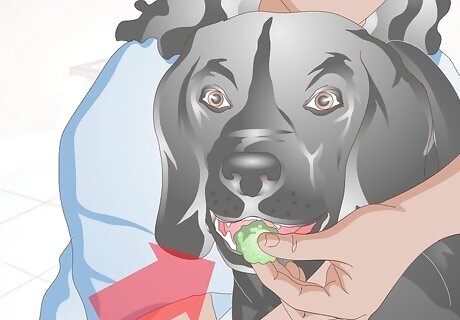
Reward the dog with treats when the grooming is done. You can do this while he is still in the restraint, if that’s physically possible. This may help increase positive associations with the restraint. Never reward a dog when he’s exhibiting unwanted behavior such as growling or resisting. This sends a confusing message and will not help him unlearn the behavior.













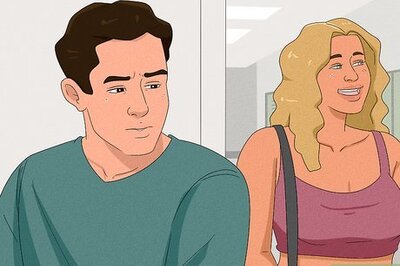

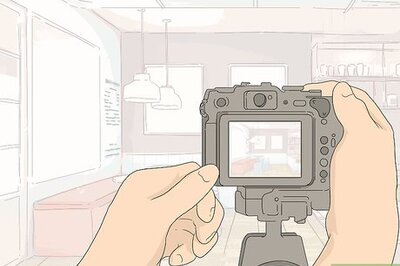
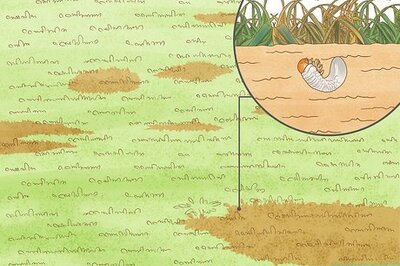
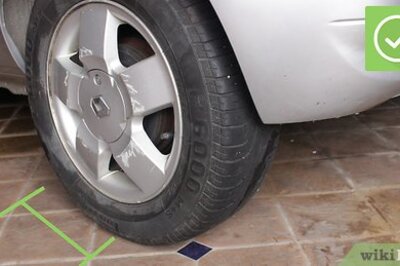

Comments
0 comment